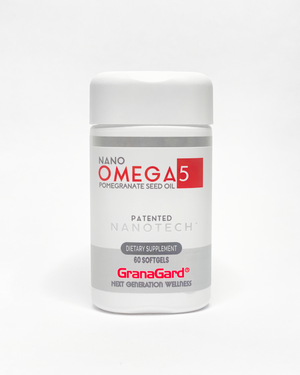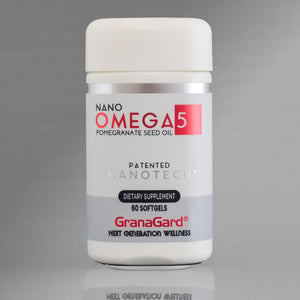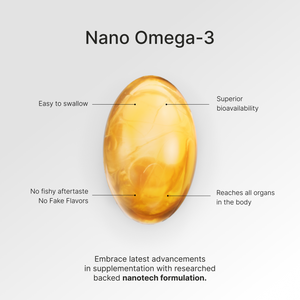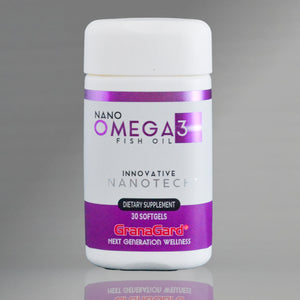What is the Leading Cause of Mortality in America?
According to data from the American Heart Association (AHA), each year cardiovascular diseases claim more lives in the United States than all forms of cancer and chronic lower respiratory diseases combined. According to recent data, heart diseases remain the number 1 cause of death in the country. Approximately every 40 seconds someone in the United States suffers a myocardial infarction, but there is a way to reduce the risks of becoming part of those statistics.What are the Risk Factors for Cardiovascular Diseases?
Several risk factors associated with cardiovascular diseases have been established, including elevated total cholesterol and triglycerides, hypertension, diabetes, and reduced HDL cholesterol levels. Most of these factors are diet-dependent.How Omega 3 Has Saved Lives in the Past
As early as 1944, Dr. Sinclair described the rarity of coronary heart disease among the Eskimos of Greenland, who consumed a diet rich in fish, seals, and whales. Over 40 years ago, Drs. Bang and Dyerberg reported that despite the low intake of fruits, vegetables, and complex carbohydrates in favor of a diet high in saturated fats and cholesterol, the serum levels of cholesterol and triglycerides were lower in the Inuit of Greenland than in younger-aged residents of Denmark. They also demonstrated a lower risk of myocardial infarction. These and other similar observations sparked interest in the potential benefits of a higher intake of fish in the diet, particularly the benefits of polyunsaturated Omega-3 fatty acids for cardiovascular health.What are Omega 3 Fatty Acids?

How Omega 3 Provides Cardiovascular Protection
Omega-3 fatty acids, eicosapentaenoic acid (EPA), and docosahexaenoic acid (DHA), are found in seafood and especially in fatty fish. They have demonstrated their cardioprotective effect. This cardioprotective effect is likely due to the beneficial modulation of known risk factors for cardiovascular diseases, which are mostly consequences of the type of diet. Omega 3s confer cardiovascular benefits through the reduction of triglycerides, antioxidant effects (What are antioxidants in simple words?), anti-inflammatory and antiarrhythmic effects; vasodilation, reduction of blood pressure, improvement of arterial and endothelial function (Atherosclerosis, oxidative stress, and antioxidants), favorable autonomic tone, and reduction of platelet aggregation (prevention of thrombus formation). In particular, triglyceride levels are an independent and well-studied risk factor for coronary heart disease. It has been shown that supplementation with Omega 3 in the diet reduces triglyceride levels dose-dependently, so 3 to 4 g/day of eicosapentaenoic acid (EPA) or a combination of EPA and docosahexaenoic acid (DHA) reduces blood levels by 20 to 50% in those with high triglycerides. The intake of foods enriched in polyunsaturated Omega 3 fatty acids is the option for reducing risk factors for cardiovascular diseases. The problem is that for most of the population, the geographical location of their residence makes the presence of marine foods several times a week difficult; unfortunately, we are not the Inuit. Hence the importance of dietary supplements with Omega 3.





